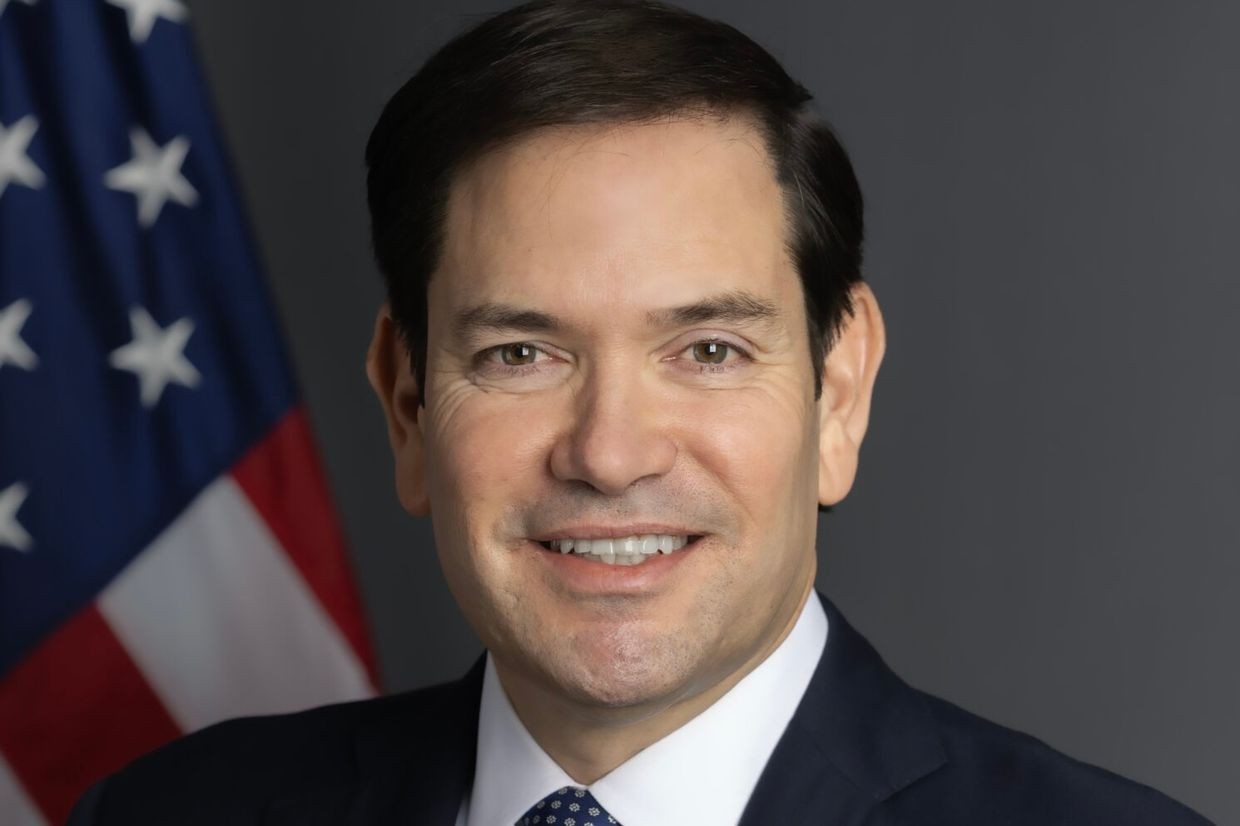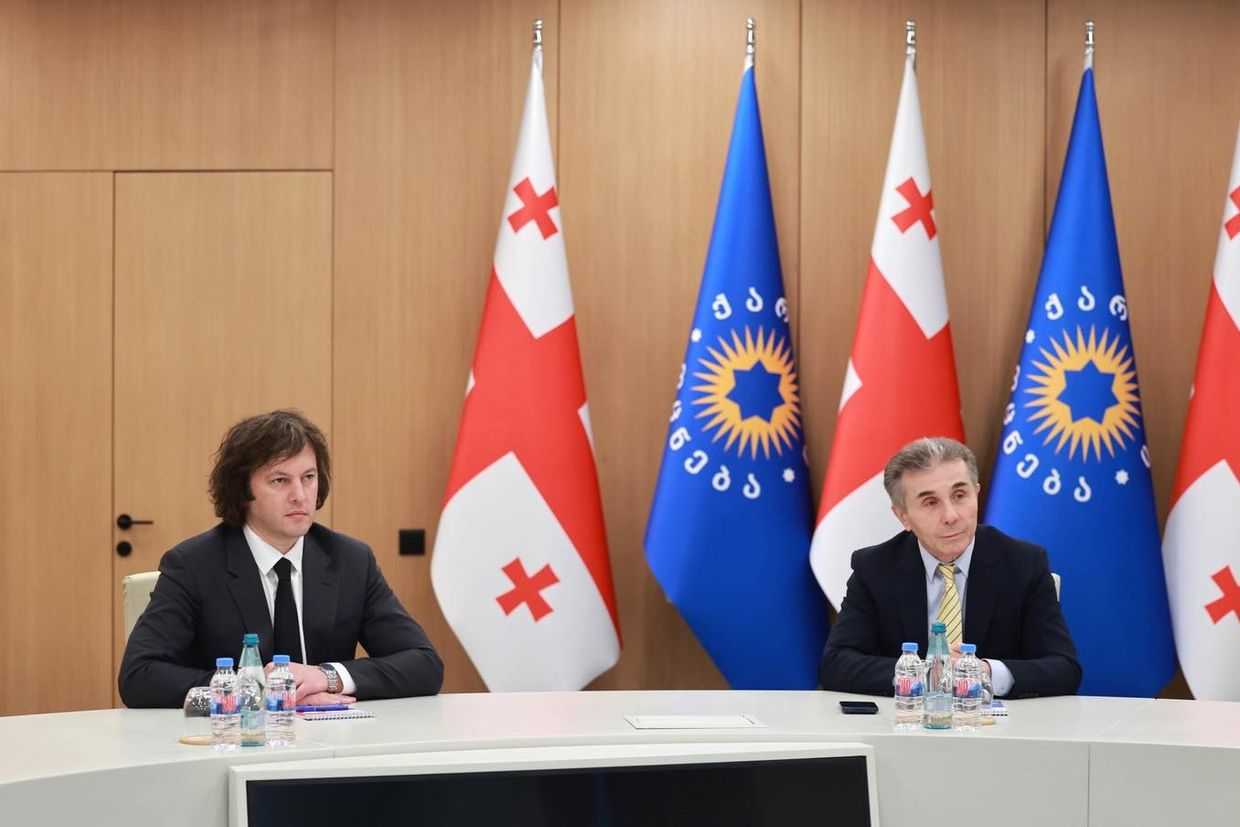
US Secretary of State Marco Rubio appeared to call the Georgian Dream-led government ‘anti-American’ during a Congressional committee hearing on Wednesday.
The comments came in response to a question from Representative Joe Wilson, likely the most outspoken opponent of Georgian Dream in the US government, who asked Rubio what the State Department planned to do to ‘impose real costs on the anti-American Georgian Dream on behalf of the people of Georgia’.
In response, Rubio said, ‘Going back to what I’ve said earlier in my opening statement, the goal of the United States is our national interest. So we will look at that and say: is it in our national interest to have an anti-American government governing an important part of the world? And if not, we’ll take appropriate actions to impose costs on that government’.
However, Rubio declined to state any specific punitive actions the US would take, saying instead that such measures are ‘currently under review’.
‘We’re looking for options and additional options. I have no announcement today specifically on what we plan to do yet, but I can tell you that, that it’s something that’s being discussed’.
Rubio concluded his answer by saying, ‘And again, a great example of why we’re going to look to our regional bureaus and our local office on the ground there to provide us guidance as to what are the measures that the government, the anti-American government, would be most responsive to’.
While the previous administration under President Joe Biden was clearly opposed to Georgian Dream, with officials making explicit statements of condemnation and the government implementing sanctions, the position of President Donald Trump’s administration on Georgia has been more murky.
Since Trump won the election in November, Georgian Dream officials have expended considerable effort to win over his administration, and have been openly trying to read the tea leaves to see if Trump’s approach would differ from Biden.
Earlier in May, Georgian Prime Minister Irakli Kobakhidze published an open letter to Trump and Vice President JD Vance, where he again expressed his openness to reset bilateral relations, but said that repeated attempts to have high-level talks had gone unanswered.
Rubio’s comments on Wednesday, while still far short of the level of specificity of the Biden administration, were the clearest sign yet that Georgian Dream’s attempts to appeal to the Trump administration have been unsuccessful.
Nonetheless, Georgian Dream officials downplayed the significance of Rubio’s remarks or said they were taken out of context altogether.
‘First of all, we should probably assess the context in which the issue of Georgia was mentioned at the Congressional hearing’, Foreign Minister Maka Botchorishvili said.
‘When we evaluate Rubio's response, we need to look at the overall context, what the discussion was about, what the general emphasis was on. The only conclusion we can draw from today's response is that there is no established position on Georgia, precisely in the context where the conversation is about American national interests’, she continued.
Rubio comments on the Armenia–Azerbaijan peace process
Separately, Rubio also discussed the Trump administration’s position on the ongoing peace process between Armenia and Azerbaijan.
In response to a question from Representative Chris Smith about Armenian prisoners held in Azerbaijan, Rubio said, ‘The issues you raised about prisoners and human rights are critical […] Azerbaijan provides us an opportunity to do [prioritise peace] in the context of the broader peace that we’re trying to establish’.
Representative Jim Costa also asked Rubio about ending US military aid to Azerbaijan.
‘We have not made a determination on that yet because what we are focused on now is getting them to agree to a peace agreement that does not cause them to invade a neighbouring country, Armenia’, Rubio said.
‘And we have tried to outline to both sides, especially the Azerbaijani side, the tremendous benefits that would come from signing a peace deal and not engaging in a war that we would find to be destructive, counterproductive, and the last thing we need right now in the region’.











